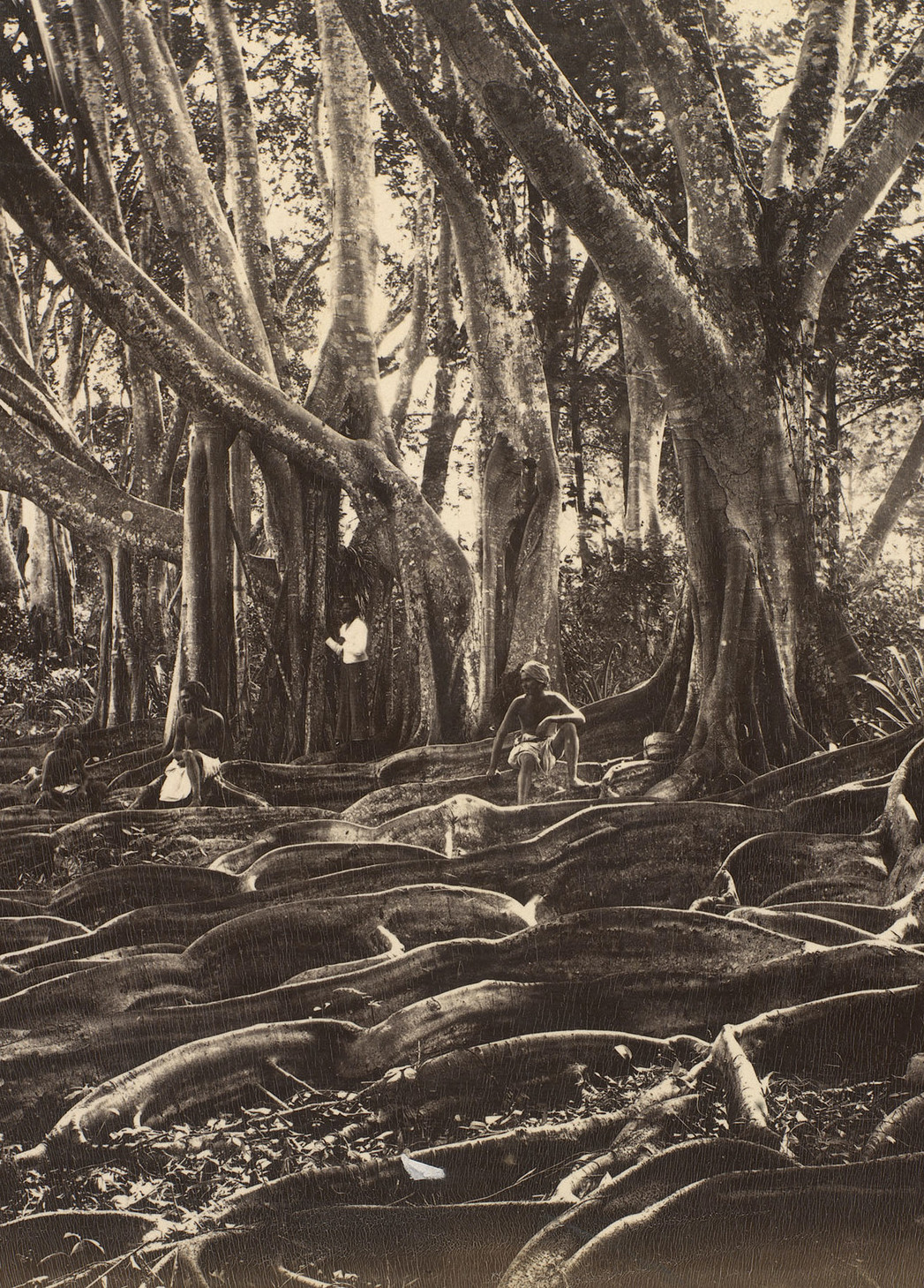Research Interests
Moritz von Brescius pursues an interest in the global history of science, ecological imperialism and modern resource regimes, with a particular focus on intellectual, material and technological transfers between Germany, Britain, the USA and the global tropics. His research has taken him to more than sixty archives on three continents.
Among his current projects is a study on tropical commodities and ecological imperialism. The work is a rich study of capitalism, empire, and environmental change, focused on the commodity frontier of rubber in northeast India, which I analyze in its global contexts. It seeks to provide a new understanding of the relationship between the production of specific commodities and the space of empire. Drawing on sources in several European and non-European languages from over 30 archives on three continents, the work explores the legal, social, political, and economic dimensions of rubber extraction and production in Assam, where the world’s first extensive and scientifically managed rubber plantations were established as an act of imperial pre-emption by the colonial state in the early 1870s. The work provides a revisionist account of the plantation revolution for rubber, an indispensable commodity at the heart of the industrial revolution and modern communication and transportation technologies of the nineteenth and twentieth centuries. It shows how the West’s growing dependence on the exclusively tropical resource, combined with temporal calculations of its future depletion, required the imperial bureaucracy to develop new outlooks and procedural logics under the pressure of scarcity fears.
He is the author of a book on the history of German scientific practitioners employed in other European empires, with a particular focus on British India (Cambridge University Press, 2019), and co-editor of a volume that accompanied a major museum exhibition in Munich (2015-2016) on scientific exploration.
Methodologically, his works provide a strong and compelling critique of nationally focused historiographies, and allow movement of actors, knowledges, practices, ideologies and plant materials across a number of boundaries and frontiers too often taken for granted by scholars of colonial and comparative sciences.
Research Prizes
- Waterloo Centre for German Studies Book Prize Finalist, 2019
- Gisela-Bonn Prize of the Indo-German Society, 2018
- Environment Award of the foundation Environment and Society, 2017
- Martin Behaim Award of the German Society for Extra-European History, 2016
- Young Scholar Award of the German Society for History of Science, Technology and Medicine (GWMT), 2015
